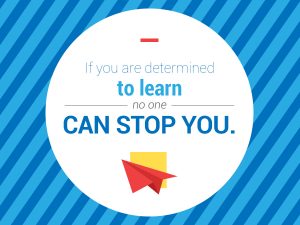Things you can’t learn from a coursebook
A good coursebook can give a great framework to learning a second language. By following a programme, students can gradually build on what they know, to create a good base of a second language. They can be an incredibly useful tool for teachers to make sure that their students learn many necessary aspects of language, and are a great way for students to keep track of their own learning.
However, coursebooks have their limitations. Here are some things that you can’t learn from a coursebook.

Intonation
As a primary school teacher, I have to use intonation to my advantage. I am sure that children are more likely to pay attention to me if I vary my voice’s pitch and speed. For the English learner, differences in spoken intonation can be difficult to hear. These differences will mostly come from hearing new accents, but not always. Even though you might understand a normal British accent, you might find it more difficult to take in the television news, when it is spoken fast, and intonation is used to separate words.
To better understand intonation, you must concentrate on listening. Try listening to English radio stations, such as the BBC world service, on tunein.com and listen to audio books. And, of course, the more conversation practise you have, the better.
Vocabulary
You can learn vocabulary from a book – but not a coursebook! Coursebooks are great for helping to understand grammar and the formation of language, but (for most people) are not the best way of learning vocabulary. Vocabulary is learnt through use and repetition, which is why I advise all students to keep their own vocabulary list. The back of a notebook or diary is a good place to keep this list. Reading books and articles, fiction and non-fiction, is a great way to improve your vocabulary by yourself. And, again, conversation!
Phrasal Verbs
OK, maybe you can learn some phrasal verbs from a coursebook. But, there are so many, and they can be used in such different ways, that they can be difficult to study from a book. Fortunately, we have the 21st-century advantage of apps that can be used to practise phrasal verbs in the best way possible – with example after example. Here are some free phrasal verbs apps.
Confidence
You can’t teach confidence! And you especially can’t learn confidence from a coursebook. Some people may learn a second language for years in their home country, but when it comes to speaking to a native for the first time, feel nervous and shy. On the contrary, some people may have almost no ability in another language, but be happy to communicate with individual words and body language. This is a personal barrier with no universal solution, however, conversation classes are likely to help.
Remember: If you aren’t making any mistakes, then you aren’t trying hard enough!
Reality (and fun!)
Although it is the job of your coursebook to help you communicate in English – it can’t match reality. After all, you speak your mother tongue incredibly well – and you didn’t use a coursebook for that!
To be able to experience the reality of a language, you have to explore the real world of that language; watch a series on Netflix, read the news, or, if you are lucky enough, go travelling! If you can find ways to relate English to your daily life, while having fun or relaxing, you might learn parts of English that are more difficult to pick up in class.
Do coursebooks work for you? Can you think of something else that can’t be taught using a coursebook? Let us know in the comments section below.
Podcast: Play in new window | Download

